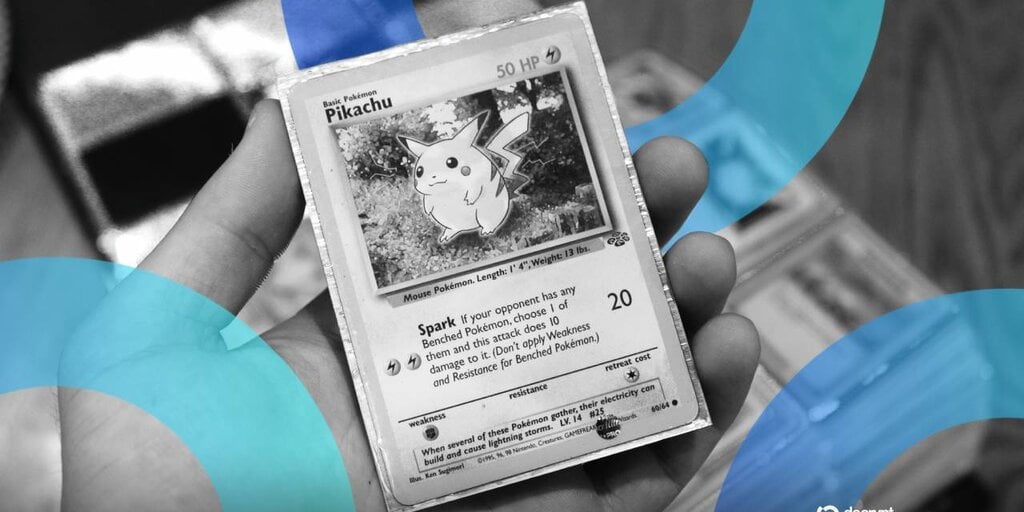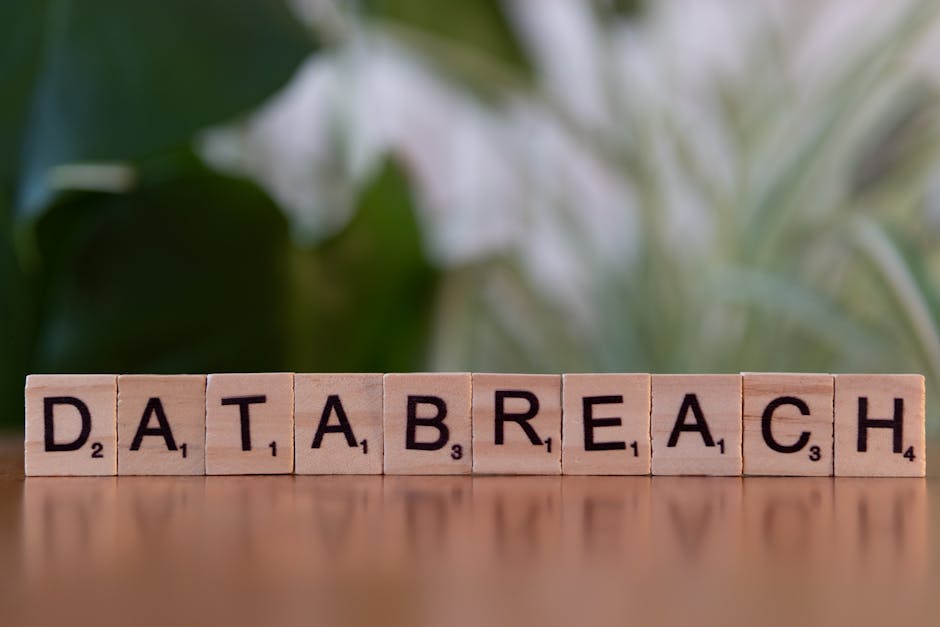
In recent years, tokenized Pokémon cards have taken the collectible world by storm, blending nostalgia with blockchain technology. These tokenized assets, built as NFTs (non-fungible tokens) on platforms like Ethereum or Solana, are revolutionizing how collectors buy, sell, and even leverage their favorite trading cards in decentralized finance (DeFi).
What Are Tokenized Pokémon Cards?
Tokenized Pokémon cards are standard collectible trading cards represented as NFTs on the blockchain. Each NFT is tied to a real-world card, securely stored by a trusted custodian. This tokenization allows collectors to trade and showcase their assets without physically exchanging them, while still retaining ownership backed by blockchain transparency.
One of the emerging platforms in this field is Courtyard, which launched in 2021 on Polygon. Known for providing a seamless user experience, Courtyard has generated over $78 million in sales volume as of last month. Other competitors include Collector Crypt and Phygitals, operating on networks like Solana and Ethereum’s Base layer.
Can Tokenized Pokémon Cards Be Used as Collateral?
Some developers are exploring innovative ways to integrate tokenized Pokémon cards into DeFi markets as collateral for loans. This idea could empower collectors to borrow funds using their card NFTs, potentially allowing them to buy even more collectible cards or invest elsewhere.
A Canadian developer known as “Keef” is working on such a concept. His startup proposes leveraging high-value Pokémon NFTs as collateral. While this concept is promising, challenges like valuation accuracy, liquidity, and on-chain loan complexity still need to be addressed. High-end cards – such as rare Charizards worth $200,000 or more – could find a niche in this market. However, for lower-value assets, the practicality diminishes for 12% APR loans on $100 cards.
The Appeal of Pokémon Cards as Exotic RWAs
In the crypto industry, tokenized collectibles like Pokémon cards fall under the category of “exotic real-world assets” (RWAs). Unlike traditional RWAs such as real estate or stocks, exotic RWAs encompass collectibles, art, and other niche items.
The popularity of Pokémon NFTs is paving the way for other tokenized luxury products to emerge. Imagine sneakers, watches, or designer goods becoming part of this growing tokenized ecosystem. These assets provide unique opportunities for both traditional collectors and crypto enthusiasts to diversify their portfolios and tap into the world of Web3.
Leading the Industry: Courtyard
Courtyard’s innovative approach extends beyond tokenized collectibles. They utilize pricing data from trusted firms like PSA and Card Ladder to ensure fair valuations. Buyers can enjoy features like automated vending machine-style purchases, offering cards priced up to $2,500. Plus, the platform allows users to instantly resell their cards at 90% of their fair market value—a feature resonating with both traditional and crypto collectors.
Challenges in the Tokenized Card Market
Despite the promise of using tokenized Pokémon cards in DeFi or as an alternative investment, challenges remain. For example, trust in grading companies, custodial risks, and the integration of real-world pricing data with blockchain systems are critical concerns. Potential fraud, tampered physical cards, or lack of accurate liquidation values could discourage wider adoption. Improvements in blockchain oracles and security practices will be necessary to mitigate these risks.
Final Thoughts: The Future of Tokenized Collectibles
From rare Pokémon cards to luxury items, tokenized collectibles represent an exciting confluence of blockchain technology and traditional hobbies. Platforms like Courtyard and Collector Crypt are leading the transformation, offering transparency and scalability. As the market grows, these digital assets could expand beyond nostalgia-driven purchases to become mainstream investment tools.
If you’re a Pokémon enthusiast or intrigued by tokenized collectibles, check out Courtyard’s marketplace to explore their inventory of tokenized cards. Learn more at Courtyard.io.





